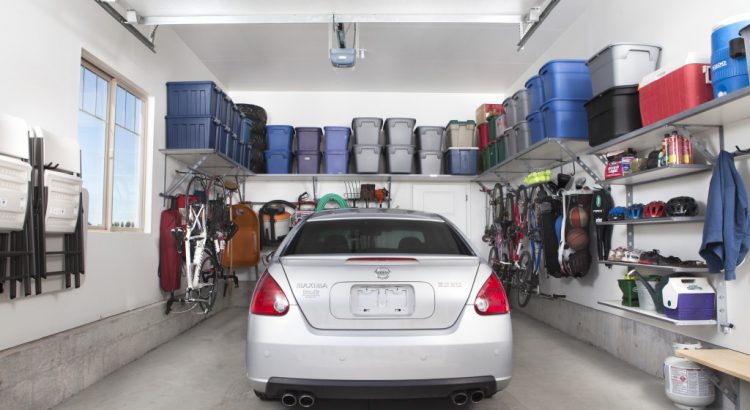Many car owners end up making fundamental mistakes, which risks their car warranty. Often, the owners have no idea what can lead to the nulling of the warranty.
Car owners need to understand that every manufacturer has set several rules and conditions that come with the warranty.
Some include complying with prescribed maintenance schedules, while there is a very long list of do’s and don’ts, we have compiled of the top 5 common mistakes drivers should avoid extending their car’s warranty.
5 Common Mistakes Drivers Should Avoid
1. Ignoring Warning Signs
The car dashboard is filled with many symbols. You must have seen it since you were a little child yourself. Each symbol represents an essential part of the car, i.e., the engine.
One widespread mistake owners make is not being able to understand what these symbols mean and why a red light blinks in the dashboard, and some of them light up.
15 Important Symbols on Your Car Dashboard You Must Know About!
The first step is to read the manual and know what each symbol stands for. When the light starts to blink, the car is indicating that something is wrong with that particular part. Once you identify where the problem is, you can try to inspect it yourself or take it to a mechanic or expert.
Often car owners make the mistake of ignoring these lights. Eventually, it leads to a more significant expense as the car part often gets damaged and needs replacements. Some auto manufacturers have conditions in which ignoring red light can lead to the nulling of your warranty.
2. Failing Battery Inspection
If you are an owner of an EV or electric vehicle, then you need to make sure you have marked down a date on your calendar for a yearly batter-inspection. EVs like Nissan Leaf comes with conditions of at least the first six years of battery inspection to keep the warranty valid. Forgetting can lead to a considerable loss; some manufacturers offer the first or first two inspections for free, depending on the car make and model.
ECC Approves EV Policy for 2 & 3-Wheelers, Heavy Commercial Vehicles!
3. Body Inspection

Just like how EV manufacturers have policies for battery inspections, some of them have policies for body inspections. Although an annual rust-proofing is not needed if you want that warranty, its the right move; however, some manufacturers do not require a yearly or inspection at all. Instead, they have other policies.
4. Driving on Water

Water destroys the color of your car, making it exposed to dust, rocks, and other harmful elements that cause rusting, eventually killing a vehicle. Not only does it harm the body, but it also impacts the engine and other essential parts of the car that help it function.
5. Storing EVs Without Any Precautions

If you buy an EV but do not use it for an extended period, then this a profoundly impact your car’s battery. You’ll need to make your vehicle move now and then so that the battery doesn’t die.












































